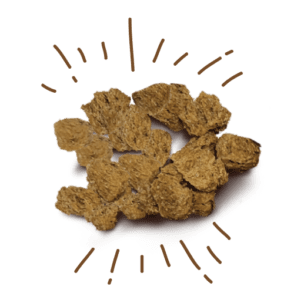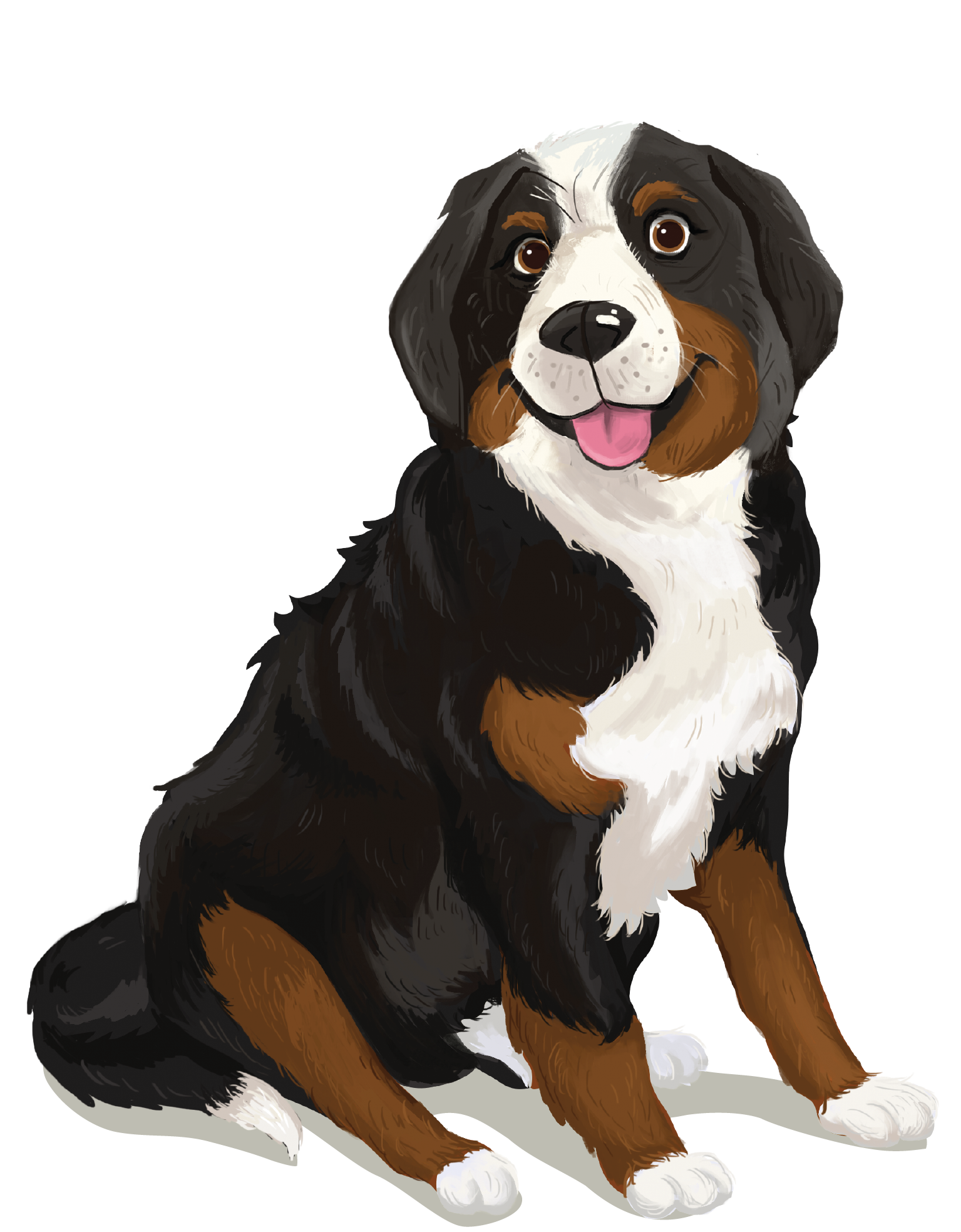Bernie’s Perfect Poop may naturally help alleviate dog food allergies & dog food intolerance
You may feel that your dog’s food doesn’t sit right with him. He itches and scratches, or constantly has an upset tummy. Is it a dog food allergy? Is it dog food intolerance? Whether your dog has food allergies or food intolerance, Bernie’s Perfect Poop may help.

- Good dog gut health is critical for your dog’s overall health. When your dog’s gut is healthy, your dog is healthier. You may often wonder if your dog is allergic to his food or if he has a dog food intolerance. There is a difference. A dog food allergy is the result of an immunological response. It’s typically considered a chronic condition.A dog food sensitivity or intolerance is not as much an immunological response as it is an irritation that can lead to dermatological or gastrointestinal issues. Whether food allergy or food intolerance, if your dog’s gut is healthy, their immune system will be stronger and fight against dog food allergy and dog food intolerance.
- A high-quality fiber combination like the Miscanthus grass, flaxseed and pumpkin found in Bernie’s Perfect Poop can help strengthen your dog’s digestive system. When your dog’s gastrointestinal tract is healthier and balanced, the fiber allows nutrients to be absorbed at the proper speed. This means fewer proteins that are not broken into amino acids and that your dog’s body considers a foreign intruder. It’s then when you have to worry about dog food allergy and intolerance.
- Bernie’s Perfect Poop combines prebiotics and probiotics to help create the perfectly balanced gut microbiome. A healthy gut microbiome is the key to ensuring the food your dog eats doesn’t become an intruder to your dog’s body. When food is broken appropriately, it turns into amino acids. These amino acids travel through their small intestines and into their body. If the enterocytes (special cells in their body) see these amino acids as a problem, though, they’ll fight back (an allergic reaction). Additionally, if the proteins are not fully broken down into amino acids, your dog’s immune system will recognize them as intruders and want to fight back with a histamine response. A healthy microbiome will ‘talk’ to your immune system and help prohibit these ‘foreign intruders’ from soliciting an allergic response or an intolerance reaction. Pre- and Probiotics help your dog’s intestinal walls stay their healthiest and prevent undigested proteins and amino acids the enterocytes reject from triggering an allergic reaction while in the digestive process.
- Each cell in your dog’s body needs nourishment and nutrients. When your dog can break the food you give him down, he’s able to best absorb nutrients and fuel his body. When he eats protein from his food, enzymes break the proteins into smaller pieces (amino acids). When your dog’s body considers these amino acids as a threat, his immune system will react by sending out histamine to attack those amino acid proteins. The proprietary blend of seven digestive enzymes in Perfect Poop will break your dog’s food down as it should be to ensure maximum absorption and metabolization.
- Bernie’s Perfect Poop is a 4-in-1 combination of fiber, prebiotics, probiotics, and enzymes. Perfect Poop is also non-GMO. There’s research that suggests GMO foods are on the common list of food allergens.



